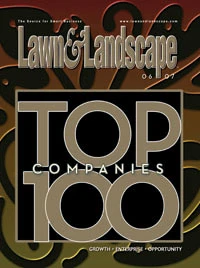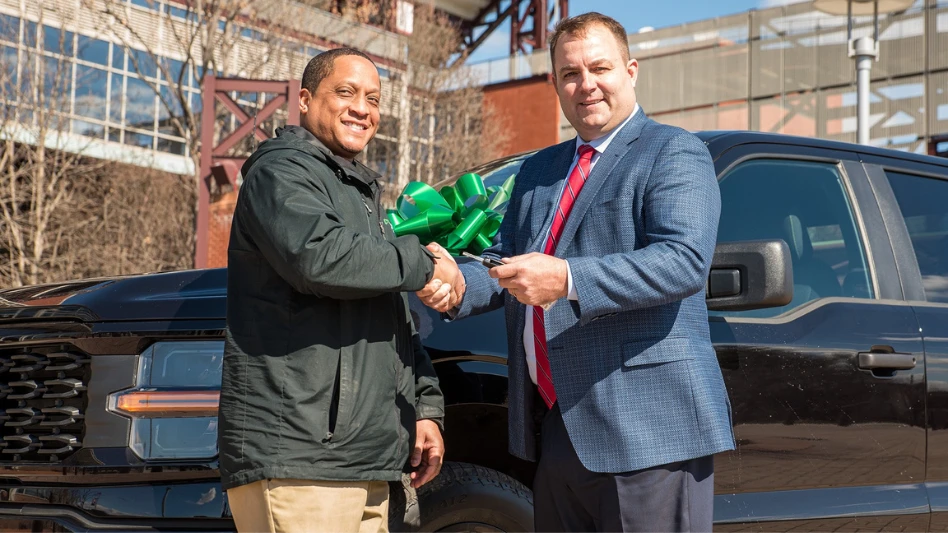Are you and your crews in mid-season form?
You’ve cleaned months-old leaves out of beds and expertly edged them. Sweet -smelling mulch completes the job, forming a clean barrier to keep moisture in and weed pressure down.
Applications of fertilizer green-up the turf forming a lush green carpet beneath your feet. Mowing and edging on commercial and residential properties is clean and crisp improving rental and real estate values.
|
|
These benefits of our profession are just the tip of the iceberg. The lawn and landscape industry is an important part of the economy nationwide and represents significant socioeconomic rewards.
So, clear in your mission as a lawn and landscape professional, you’ve set your marketing plans. Your project board ebbs and flows as your business shifts from existing clientele to new customers, and installation to maintenance jobs. You’re donating some of your landscape services for your son’s sports team. You’re feeling good about your business. And you should.
But don’t be tempted to put your business in cruise control.
The lawn and landscape industry has faced challenges time and again from anti-pesticide groups. Very real forces under the veil of environmentalism have worked overtime to overturn preemption at the federal and state level to restrict or ban pesticides. These issues are continually monitored through lobbyists, associations and end-users – like you – who are committed to protecting our industry’s right to use products; products that are thoroughly reviewed and approved by the EPA.
Now, a highly visible group calling themselves Safelawns.org is voraciously promoting what it calls “emerging public dialogue about alternatives to traditional lawn care.” The group is shrouding itself as a non-profit organization to raise funds to create educational materials to show how pesticides and related lawn care materials are not only unnecessary but harmful to the environment.
Much of the rhetoric being published in newspapers and magazines across the country is false and misleading. And, while the information is not substantiated by recognized field studies, they can result in long-term damage. Statements – true or not – repeated often enough become fact.
Customers are much more educated today than they were 20 or 30 years ago. Take the time to thoroughly and accurately discuss the types of products you’re using and services you’re offering on their properties. Work with city officials and community groups to understand your business and the environmental, economic and lifestyle benefits landscape services provide. Respond to inaccurate statements published as stories in local media outlets. Set the record straight.
Lawn and landscape professionals are stewards of the environment. Don’t be intimidated by activist groups spreading inaccurate, undocumented information that serves to prey on consumer fears. Share your message loudly and often. And, most importantly, remain true to your mission to care for the environment.

Explore the June 2007 Issue
Check out more from this issue and find your next story to read.
Latest from Lawn & Landscape
- North by Northwest's charitable act for the Ronald McDonald House Charities
- Coxreels expands V-100 Series product line
- Landscape Workshop expands with 2 acquisitions
- Wilson360 adds Daniel Grange as new consultant
- Batman and business
- CH Products releases new tree stabilizer
- Savannah Bananas founder Jesse Cole to speak at Equip Exposition
- Catch up on last year's Benchmarking report






